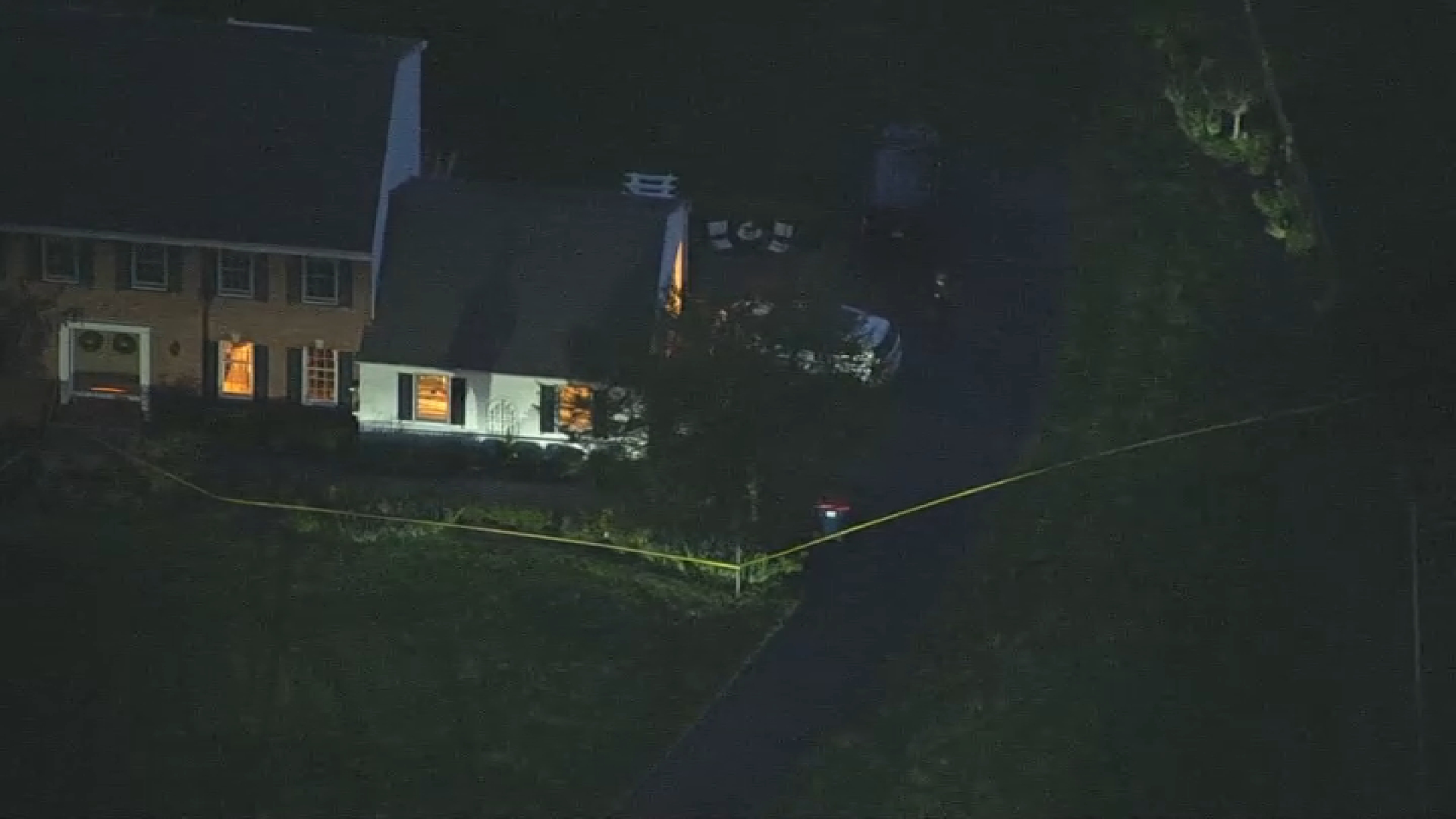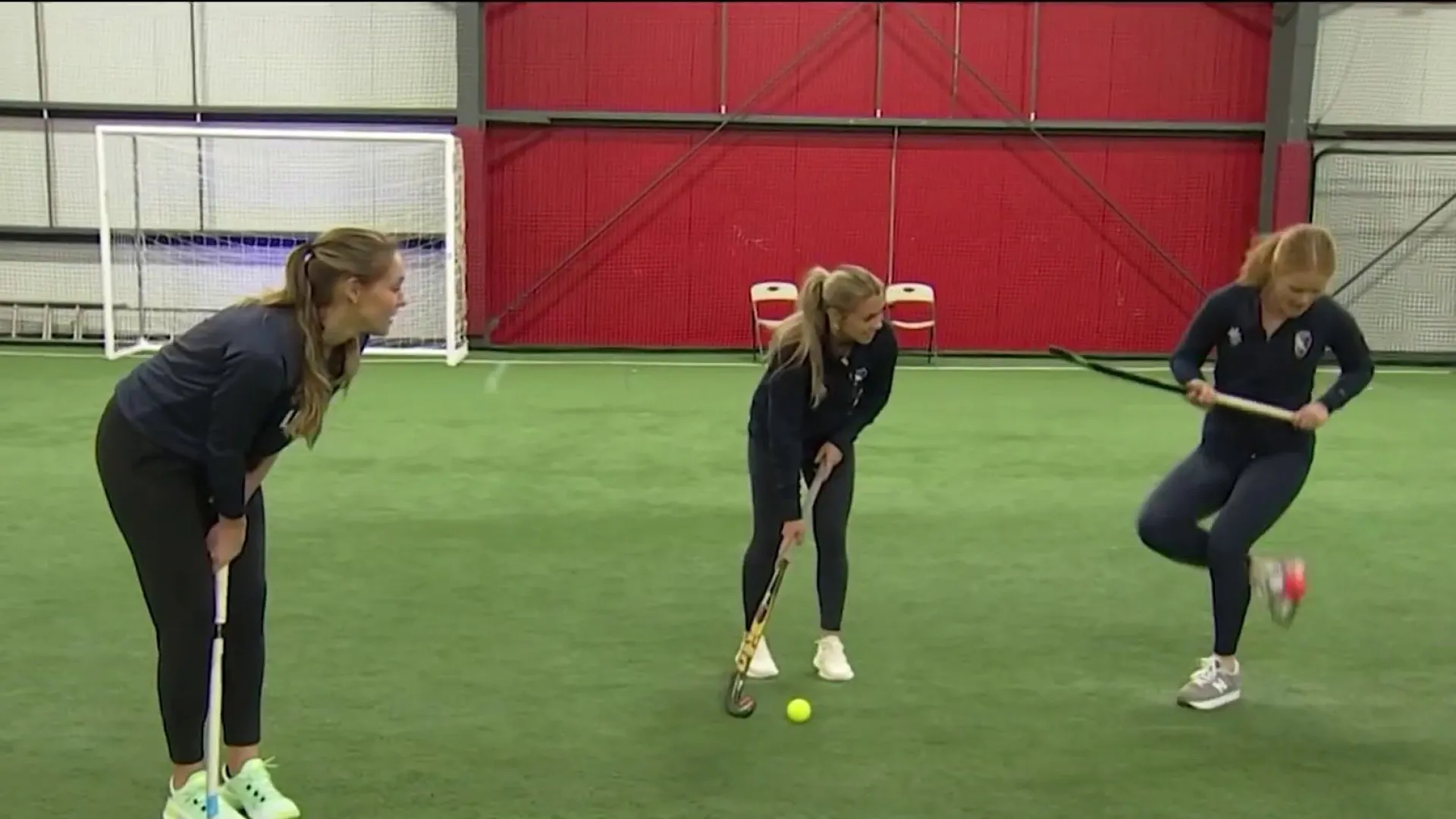Officials have confirmed two cases of whooping cough in the Lower Merion School District. A fourth grade student at Merion School and an 11th grade student at Lower Merion High School were diagnosed with pertussis, according to the Montgomery County Department of Health. The cases are unrelated, according to officials.
Lower Merion School District officials are warning parents that their children may have been exposed. Terry Quinlan-Clampffer, the Supervisor of School Health Services, stated the following in a press release.
Cases of pertussis have increased nationally as well as in our community over recent years. Pertussis, also known as whooping cough, is a highly contagious respiratory disease. It is caused by the bacterium Bordetella pertussis. It can be serious in children up to seven years of age and in those who are not completely immunized against the disease.
Bacteria are spread by inhaling infected droplets of a coughing or sneezing child or by direct contact with discharges from a running nose. Household members and close contacts that have been exposed to the infected child are at increased risk.
The Montgomery County Health Department, in consultation with the Pennsylvania
Department of Health, is making the following recommendations:
1) Parents/Guardians should review each child’s health record to determine the
vaccination status of the child.
2) Children should be observed over the next 2 weeks for any symptoms such as
a running nose, sudden, uncontrollable bursts or spells of coughing that persist
and sometimes cause vomiting. These symptoms should be reported
immediately to your pediatrician.
Local
Breaking news and the stories that matter to your neighborhood.
3) If your child comes down with cold symptoms that include a cough, the child
should be evaluated by his/her pediatrician. Evaluation should include a
nasopharyngeal culture for pertussis.
4) Children with pertussis, if their medical condition allows, may return to
school five (5) days after starting appropriate antibiotics and must
continue taking the antibiotics until completed.
5) All household members and close contacts of a pertussis case should receive
preventative antibiotics regardless of their age or vaccination status.
Here are some helpful reminders regarding pertussis-containing vaccine for various age groups:
1) If your child is under the age of 7 years and has not received the full
recommended vaccination series (DTaP at 2, 4 and 6 months, first booster at
15 –18 months and second booster at 4 – 6 years), please contact your
pediatrician and complete the vaccination schedule.
2) Children ages 7 –10 who have not received the full recommended vaccination
series should receive a dose of Tdap at the earliest opportunity.
3) Persons between the ages of 11 and 64 who have not received a previous dose
of Tdap vaccine should receive a single dose. No minimum interval since a
previous dose of Td needs to be observed.
4) Persons aged 65 and older may also receive a single dose of Tdap vaccine, as
directed by their primary care physician.
Finally, infants under one year are most likely to experience severe illness if they develop pertussis. When possible, young infants should be kept away from people with a cough.Infants with any coughing illness should be promptly evaluated by their
pediatrician.
If you have any questions or concerns about whooping cough, call the Montgomery Health Department, the Division of Communicable Disease Control at 610-278-5117. You can also call the LMSD Health Services office at 610-645-1857.



